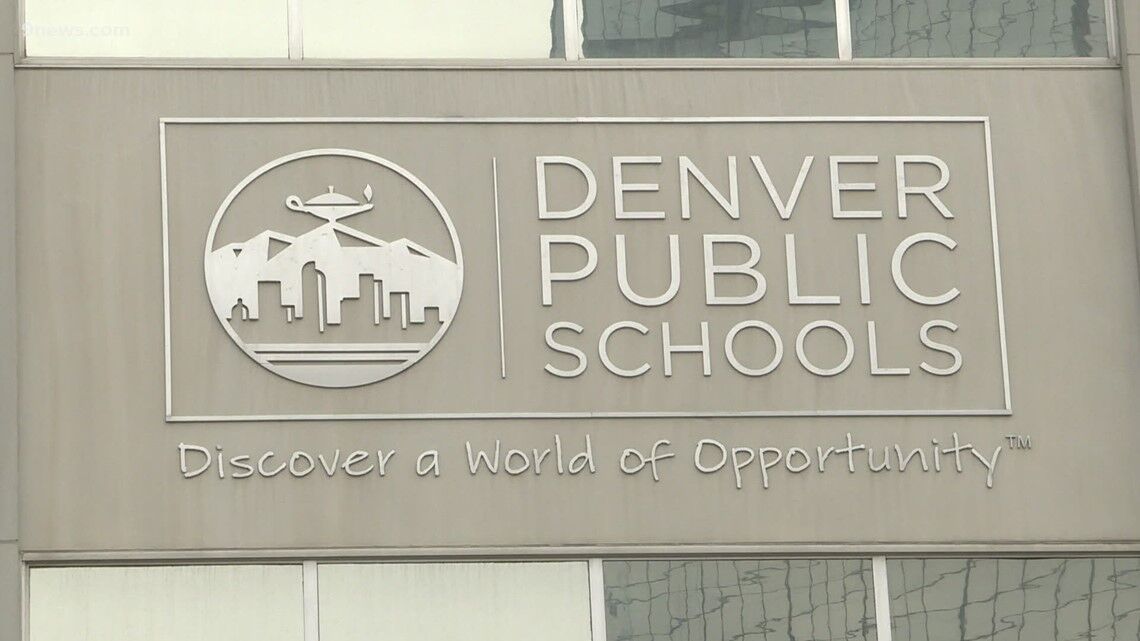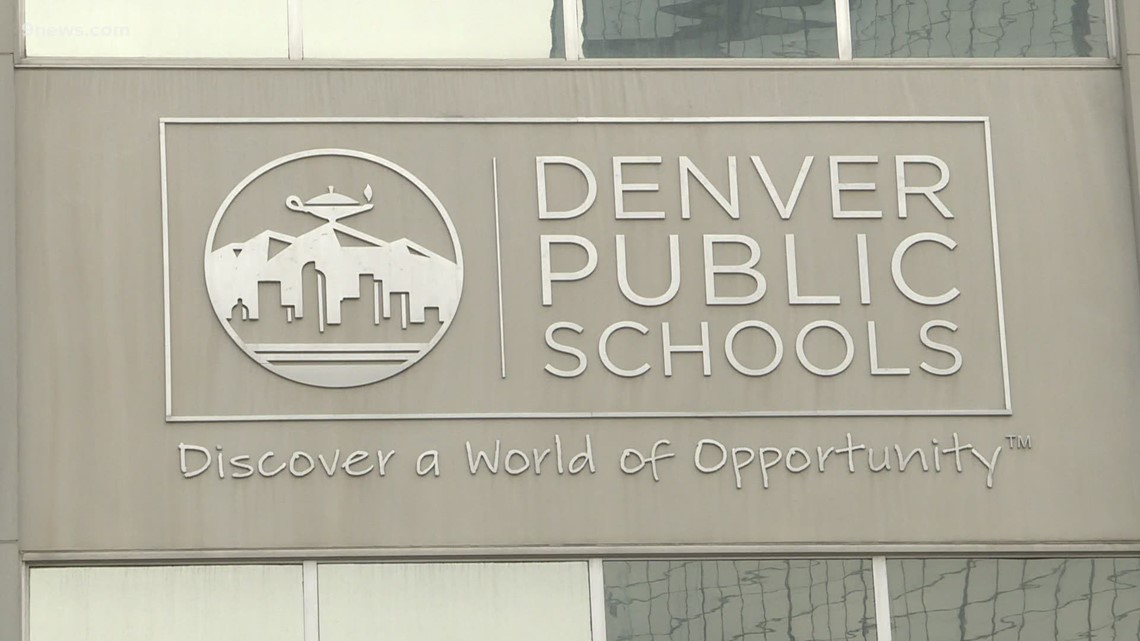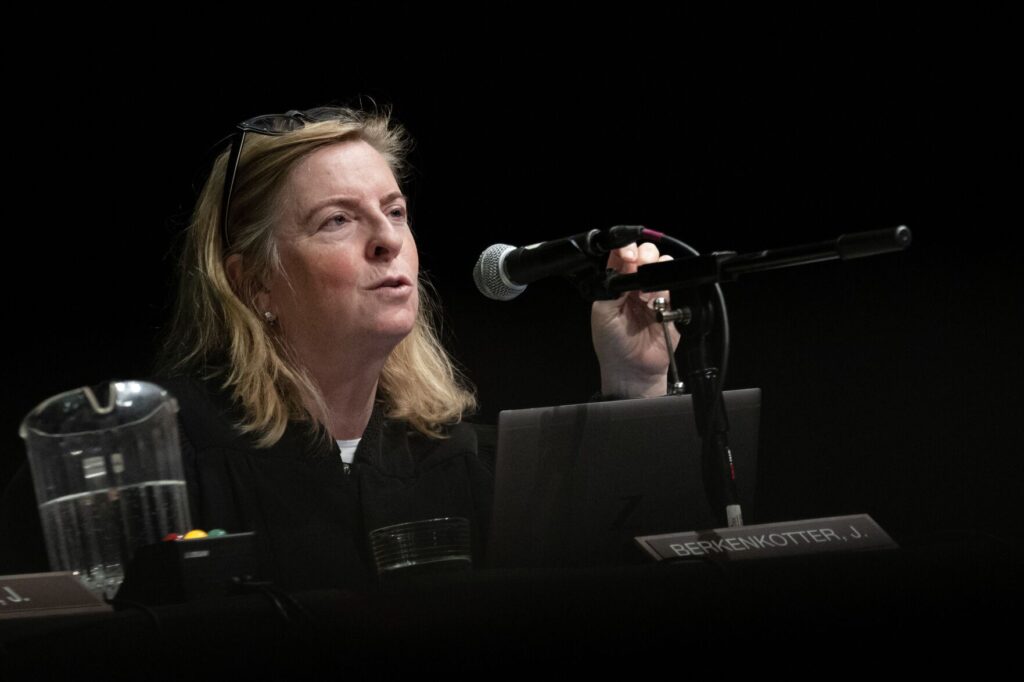Colorado Supreme Court examines reasonableness of DPS search of student on ‘safety plan’

The Colorado Supreme Court considered this week what constitutional safeguards are necessary when school officials place students on “safety plans” that call for routine searches, even when there is no reasonable suspicion of an offense.
The case may be the first in the country scrutinizing student safety plans, and balancing the Fourth Amendment’s prohibition on unreasonable searches with the reduced expectations of privacy the U.S. Supreme Court has said schoolchildren have.
Although the parties and outside organizations argued to Colorado’s justices about the need to ensure school safety in an era of frequent mass shootings, the only major area of disagreement during oral arguments on Wednesday revolved around a narrow question: Did Denver Public Schools put a student on notice that he was subject to searches under his safety plan?
“Everybody agrees notice is required,” said public defender Mark Evans. “The whole reason we send kids to school is to learn to be good citizens. And if we want the citizenry that respects and defends the constitutional rights of others, we have to respect and defend the constitutional rights of our schoolchildren.”
Evans represented a John F. Kennedy High School student identified as J.G. After J.G. was adjudicated delinquent – the juvenile equivalent of being found guilty – of two gun-related offenses, school officials developed a safety plan for him in early 2019. Among other protocols, J.G. was not allowed access to backpacks or lockers and would need to be searched daily.
J.G.’s mother attempted to enroll him at a different school for the 2019-2020 school year, but she ended up hastily re-enrolling him at Kennedy the week before school started. A “re-entry meeting” was supposed to happen with J.G., but it never did. Instead, J.G. attended school for two days without being searched.
On the third day, the school resource officer and an administrator took J.G. aside and demanded to search his backpack. J.G. resisted, prompting the officer to restrain J.G. while another security official examined the backpack. A loaded handgun was inside. The officer placed J.G. under arrest and a judge again adjudicated J.G. delinquent for the offense.
On appeal, J.G. challenged the constitutionality of the school officials’ search. A Court of Appeals panel, following the U.S. Supreme Court’s precedent, determined reasonable suspicion was not necessary. Instead, if J.G.’s safety plan was still in effect, it was reasonable for J.G. to expect daily searches regardless of the justification.
“We note that the Safety Plan doesn’t specify a timeframe and that it also doesn’t include an expiration date. Thus, we construe the Safety Plan as remaining effective as long as J.G. attended the same high school,” wrote Judge Craig R. Welling last June.

While J.G.’s appeal to the state Supreme Court was pending, safety plans came under scrutiny after an East High School student shot two administrators during a routine search pursuant to his own safety plan. The Colorado School District Self Insurance Pool, which includes 134 school districts, told the court that safety plan searches are not aimed at criminal investigation, but are more akin to going through airport security.
“While a safety-plan search for weapons may turn up evidence of criminal conduct, such searches are intended to deter students from bringing weapons to school by alerting the student that the student will be searched,” wrote the organization’s lawyers. “The effectiveness of this deterrence is illustrated by the fact that J.G. brought the handgun to school believing that the search requirement had lapsed.”
Evans, the public defender, maintained no one in Denver Public Schools had told J.G. his safety plan would continue through the next school year, so the lack of notice rendered the search unreasonable. The justices were not so sure.
“This doesn’t feel like ‘gotcha’ because he had been subject to this protocol the year before,” said Justice William W. Hood III.
“What evidence is there that he stopped having notice?” added Chief Justice Brian D. Boatright. “Because he clearly had notice in April, May. … He assumed it’s a new school year, therefore, I’m free?”
Evans acknowledged that if J.G. had been told about the safety plan’s requirements, he would lose his constitutional challenge. But there is “no evidence in the record about what anybody told J.G.,” he continued.
Senior Assistant Attorney General Melissa D. Allen, meanwhile, conceded the lack of evidence about any conversations with J.G. She believed the court could nonetheless infer J.G. knew about the safety plan.
Members of the court appeared to agree with her.
“When we’re trying to think about what’s a reasonable rule here, I would think it would be very different if, sometime in November, they suddenly searched him,” said Justice Melissa Hart. “Then I would think it’s to imagine the same safety plan was in place.”
Given that officials at Kennedy resumed their searches within three days of the new school year, she continued, “that seems like a really important, different set of facts.”
The case is People in the Interest of J.G.














